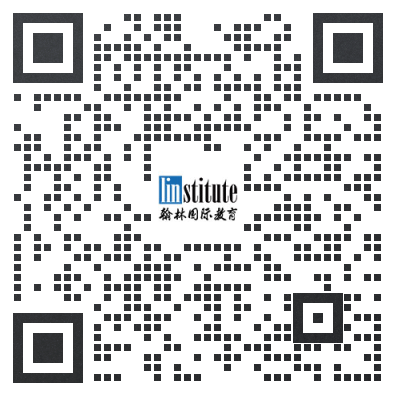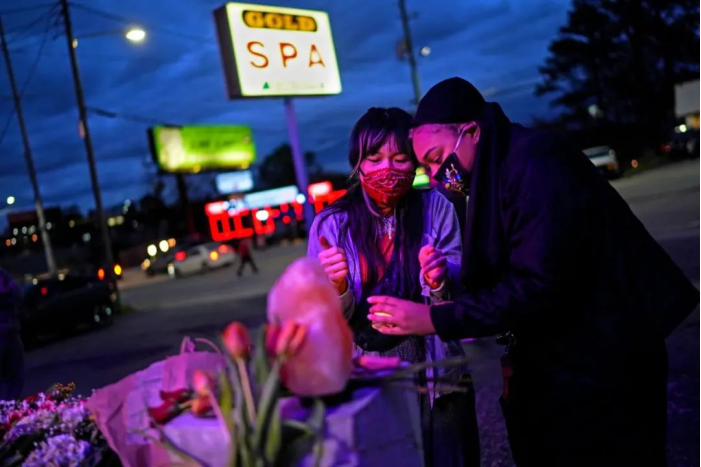- 翰林提供学术活动、国际课程、科研项目一站式留学背景提升服务!
- 400 888 0080
纽约时报2023社论竞赛如何参赛?附往届优秀作品
如果你积极探索世界,关注社会时事热点,也期望能在学术活动中提升自己的写作能力,来了解一下这个能让文理科生“爬藤”的赛事,抓紧时间准备作品吧!《纽约时报》写作学术活动系列绝对是含金量非常高的项目。而且还被许多家长熟知。这包括STEM写作学术活动、文书学术活动、个人陈述写作学术活动等,历年都不乏获奖者被藤校录取。
今天将着重介绍社论写作学术活动。
纽约时报的社论写作学术活动(New York Times Editorial Contest)今年是第十届举办,邀请全球学生对各类社会话题进行思考,写出正式、简短、以论据为基础的说服性文章,类似纽约时报发表的社论。 话题可大可小,从国际局势、种族歧视、气候变化、校园枪击,到电玩文化、网络用语、为什么菠萝pizza更好吃等等,都可以成为你文章的主题。
话题可大可小,从国际局势、种族歧视、气候变化、校园枪击,到电玩文化、网络用语、为什么菠萝pizza更好吃等等,都可以成为你文章的主题。
通常历年获奖作品,不仅有强有力的论据,更重要的是思考深度和感召力。
学术活动优势
- 议论文长期以来一直是高中教育的主要内容,但是基于证据的议论文写作却更是大学的核心。该学术活动可以帮助学生们练习如何搜集对自己的论点有力的证据,这在大学的写作中是非常重要的。
- 由全球知名媒体《纽约时报》主办
- 获奖者的文章将会被The Learning Network发表在印刷版的纽约时报上
适合对象
全球11-19岁对文学评论写作感兴趣的中学生们均可参加,可个人提交作品,也可以团队名义提交作品(纽约时报工作人员子女不能参加)。
比赛时间
2023年3月15日 - 2023年4月12日
参赛方式
想要参与该学术活动的学生们需要按照规则提交表格。
美国和英国13-19岁的中学生和世界其他任何地方的16-19岁的学生可以自行提交参赛作品:
https://nytimes-learningnetwork.secure-platform.com/a/solicitations/login/49?returnUrl=https%3A%2F%2Fnytimes-learningnetwork.secure-platform.com%2Fa%2Fsolicitations%2F49%2Fhome
成人可以代表 11-19 岁的任何初中或高中学生提交作品
https://nytimes-learningnetwork.secure-platform.com/a/solicitations/login/49?returnUrl=https%3A%2F%2Fnytimes-learningnetwork.secure-platform.com%2Fa%2Fsolicitations%2F49%2Fhome(单个学生)
https://nytimes-learningnetwork.secure-platform.com/a/solicitations/login/50?returnUrl=https%3A%2F%2Fnytimes-learningnetwork.secure-platform.com%2Fa%2Fsolicitations%2F50%2Fhome(多个学生)
学术活动指南
1、选择一个你关心的话题,并提出一个能说服读者也关心这个话题的论点。
2、社论不能超过450字,所以要确保论点足够集中。
3、研究并收集证据来支持你的论点。
奖项设置
冠军Winners
亚军Runnerup
荣誉提名奖Honorable mention
最后三轮入围者(Round 3 Finalists)
奖项会在比赛结束后两个月内公布。优秀的参赛作品将会被发表于纽约时报的“学与教”专栏(The Learning Network: Teaching and Learning With The New York Times),也有机会在《纽约时报》纸质报纸上发表。
获奖概率
以2018年的数据为参考,全球有9,275名学生参加比赛,共有132名学生入围决赛,包括:· 冠军(Winners):共9名。
自2018年5月24日起,纽约时报将于每个上学日在帖子中发表一篇获奖的社论;· 亚军(Runners-Up):共26名。
在发表完所有的冠军作品后,纽约时报将会把所有的亚军作品发表在一个帖子中;· 荣誉奖(Honorable Mentions):共38名。Round 3入围奖(Round 3 Finalists):共59名。
扫码添加翰林顾问老师咨询更多纽约时报比赛信息
还能【免费领取】往届获奖作品哦!
往届优秀作品
 We Cannot Fight Anti-Asian Hate Without Dismantling Asian Stereotypes
We Cannot Fight Anti-Asian Hate Without Dismantling Asian Stereotypes
We are honoring each of the Top 10 winners of our Student Editorial Contest by publishing their essays. This one is by Madison Xu, age 16.
Women at a memorial outside the Gold Spa in Atlanta, where three Korean women were shot and killed on March 16. Related Opinion EssayCredit...Chang W. Lee/The New York Times
By The Learning Network
Published June 15, 2021Updated Oct. 26, 2021
This essay, by Madison Xu, age 16, from Horace Mann School in the Bronx, N.Y., is one of the Top 10 winners of The Learning Network’s Eighth Annual Student Editorial Contest, for which we received 11,202 entries.
We Cannot Fight Anti-Asian Hate Without Dismantling Asian Stereotypes
A few weeks ago, my aunt decided to close the nail salon she had been running for years. Early on in the pandemic, her business was hit hard, regulars refusing to return and associating her salon with the spread of Covid. Now, she fears for the safety of her salon employees — most of them Asian and Asian-American women.
The New York Times has documented a surge of anti-Asian hate crimes during the coronavirus pandemic, including the deaths of six Asian women during the recent mass shooting in Atlanta. These incidents have rightly sparked protests and outrage, yet there can be no effective response unless we look beyond easy explanations. Talk of the former president’s xenophobic rhetoric, or the shooter’s “sex addiction,” only serves to distract from the underlying issue: America’s history of stereotyping, fetishizing and oppressing Asians and Asian-Americans — especially women.
By the 20th century, mainstream media and popular culture had already categorized Asian women into tropes still resonant today, from the hypersexual “Dragon Lady” to the docile “Lotus Flower.” Predating the Chinese Exclusion Act, the Page Act of 1875 made it unlawful for East Asian women to enter the United States without proof that they were “virtuous.” That Asian women were painted as a “moral contagion” becomes even more chilling when juxtaposed with the Atlanta shooter’s claim that the massage parlors were, “a temptation for him that he wanted to eliminate.” Objects of desire easily become objects of hatred. The key: both are things for the dominant class to fetishize, feel entitled to — or dispose of.
By now, many Americans understand how negative stereotypes of Black and Latinx people in the United States have enabled police brutality, anti-immigrant hysteria and violence. However, we tend to react differently to Asian stereotypes. While there are plenty of derogatory tropes (think bad drivers who eat dogs), Asians in this country are often viewed as smart and industrious — a “model minority.” But the truth is, all stereotypes are ultimately dehumanizing, stripping people of their individuality and objectifying them in ways that can lead to shameful violations like the internment of Japanese-Americans during World War II.
Perhaps most dangerously, stereotypes like the submissive “Oriental” serving girl create artificial roles that women are forced to play, or to be punished for “not knowing their place.” When the dominant class feels threatened, even model minorities suddenly become invading Others, the alien “them” displacing “us” and threatening what is rightfully “ours.”
Until we stop regarding Asian stereotypes and the fetishization of Asian women as innocuous, Asians and Asian-Americans will continue to face the threat of racist violence. Recognizing that anti-Asian prejudice is deeply rooted in American history is the first step toward dismantling those dangerous stereotypes.
Works Cited
Jeong, May. “The Deep American Roots of the Atlanta Shootings.” The New York Times, 19 March 2021.
Lang, Cady and Paulina Cachero. “How a Long History of Intertwined Racism and Misogyny Leaves Asian Women in America Vulnerable to Violence.” Time, 7 April 2021.

最新发布
© 2025. All Rights Reserved. 沪ICP备2023009024号-1









